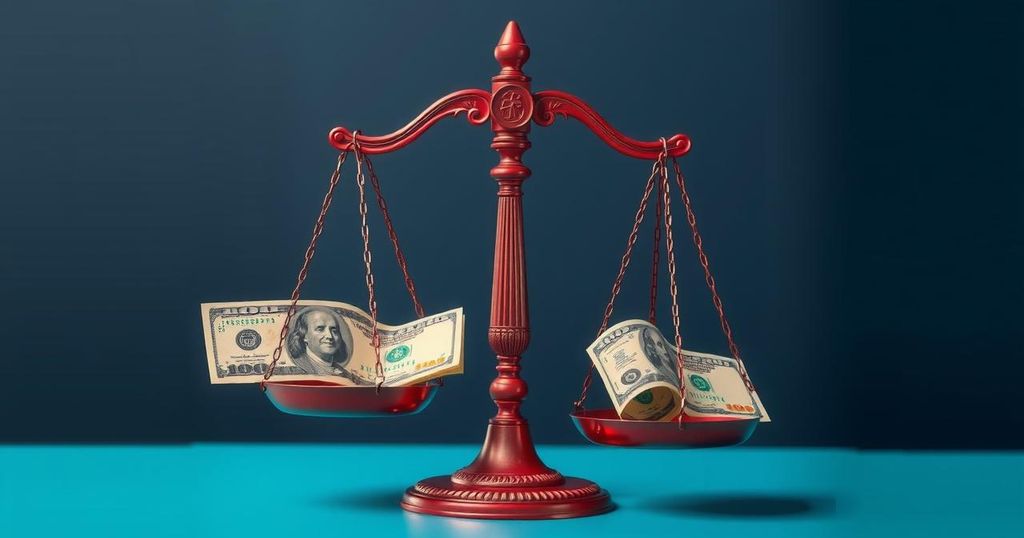Trade War Risks Prompt Fed Rate Hike, Potentially Harming Crypto
The ongoing U.S.-China trade tensions may force the Federal Reserve to raise interest rates, which could negatively impact cryptocurrencies like Bitcoin. Komal Sri-Kumar warns that this may create political pressure on Fed Chair Jerome Powell and lead to increased market volatility. He critiques the current U.S.-China negotiation strategy as detrimental and notes that uncertainty persists for U.S. manufacturers amid fluctuating tariff threats.
Komal Sri-Kumar, president of Sri-Kumar Global Strategies, has highlighted the risks posed by the escalating U.S.-China trade tensions. He warned that these tensions might compel the Federal Reserve to increase interest rates, which generally exert negative pressure on cryptocurrencies and similar risk assets. During an appearance on CNBC’s “Power Lunch,” Sri-Kumar emphasised that as inflation concerns grow, an interest rate hike could be necessary, contradicting market predictions of potential rate cuts that are typically bullish for Bitcoin (BTC) and related asset classes.
Sri-Kumar further indicated that any rate increase could intensify friction with the White House, raising concerns about political pressure on Fed Chair Jerome Powell. Powell’s position has reportedly been under scrutiny, with past discussions suggesting potential dismissal, a threat that has since receded. With one year left in his term, Powell remains at the centre of these complexities, navigating the challenging inflationary environment.
Sri-Kumar’s analysis also suggests that future market volatility is likely due to uncertain geopolitical developments and the Fed’s careful management of inflation. He considered the recent U.S.-China negotiations as skewed, noting that while the U.S. has softened its tariff stances, China has not reciprocated with meaningful concessions.
He pointed out that this inconsistent approach has potentially weakened the U.S.’s negotiating position and called it a poor strategy that might diminish U.S. influence. He stated that this lack of clarity fosters uncertainty for American manufacturers, who fear the potential return of tariffs if negotiations deteriorate. Consequently, despite positive market reactions to official statements, the underlying uncertainty remains significant.




Post Comment